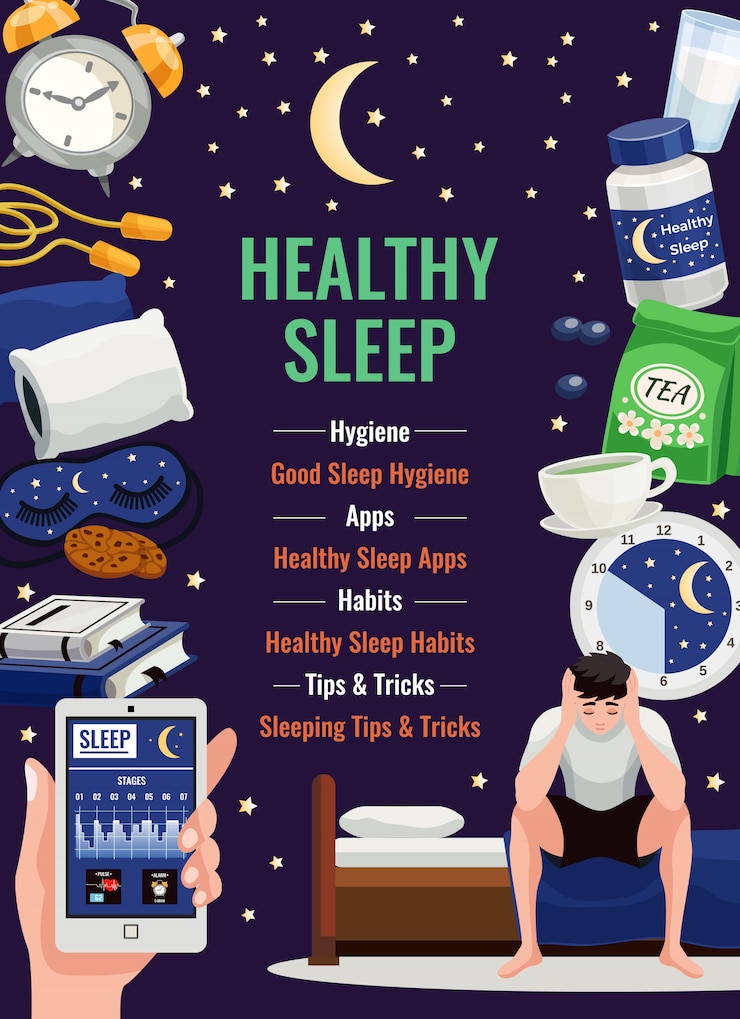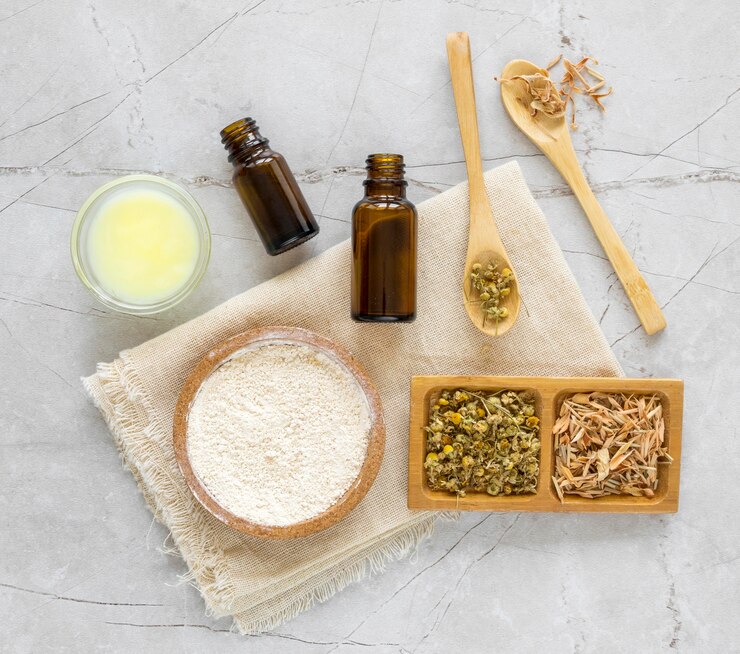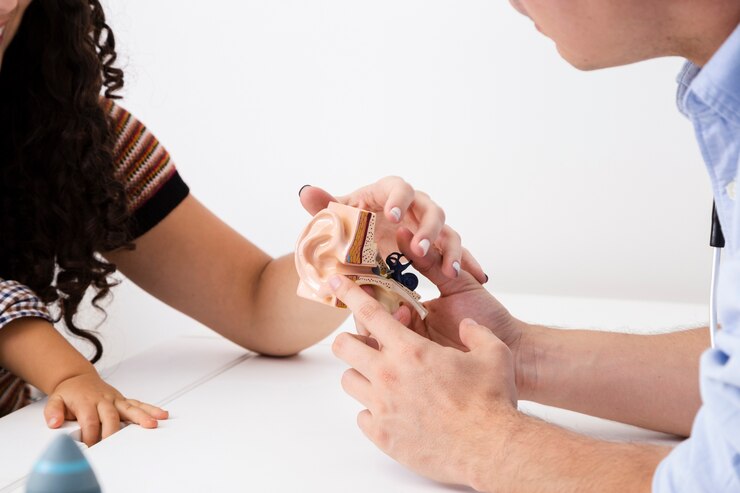
It’s been a while since I last wrote about the importance of sleep, but it’s been on my mind lately because I’ve been sleeping so well this week! We finally installed blackout curtains in our condo. You might think, “But Joy, I love waking up with the sunshine.” While waking up with sunlight is nice, blackout curtains are essential in a big city because city lights can be intrusive at 2 a.m.
Before the blackout curtains, once my eyes adjusted to the darkness, I could clearly see my handsome man next to me because of the bright city lights. As much as I enjoy his pretty face, I’d prefer complete darkness when I’m trying to get some rest so my magical hormones can work their magic—keeping me trim, preventing premature aging, balancing my appetite, and ensuring overall hormonal harmony.
This brings me to your weight loss ally, melatonin. Melatonin won’t be released if there’s any light source, and without it, you won’t release growth hormone, which is crucial for repairing your bones, skin, and muscles. This is why it’s called “beauty sleep.”
Despite knowing sleep’s importance, many people still don’t get enough. A Wake University study followed participants for five years and found that sleep-deprived individuals ate more, burned fewer calories due to fatigue, and craved more unhealthy foods.
Too much sleep (over 8+ hours) isn’t ideal either. The other night, I went to bed at 10:30 p.m. and slept until almost 8:00 a.m. because it was so dark! I felt a bit groggy. Funny enough, I woke up at 5:30 a.m. feeling refreshed but decided to stay in bed longer. Tomorrow, I’m determined to get up if I feel rested and have had at least 7-8 hours of sleep.
Now that you understand the importance of sleep, here are my top nutrition and lifestyle tips for a good night’s rest:
1. Avoid eating late in the evening. If you work late, bring snacks to avoid eating right before bed. Late-night eating raises your body temperature, which interferes with the release of melatonin and growth hormone, hindering weight loss.
2. If you must eat late, choose snacks with protein and complex carbs. For example, make a smoothie with plant-based protein powder and dark berries or enjoy almond butter on apple slices with cinnamon. Protein provides tryptophan, an amino acid the body converts to serotonin and melatonin, essential for sleep.
3. Avoid high-sugar or simple carb bedtime snacks like bread, cereals, muffins, or cookies. These can cause a drop in blood sugar, triggering hormones that stimulate the brain and disrupt sleep.
4. Avoid excessive alcohol consumption. Contrary to popular belief, alcohol doesn’t promote good sleep. It may make you sleepy, but its effect is short-lived. Alcohol affects sleep by disrupting brain chemicals and creating blood sugar imbalances. A glass of wine with dinner shouldn’t disrupt your sleep, but more than that or too close to bedtime might.
5. Use blackout curtains. If you have to get up during the night, avoid turning on the light since it shuts down melatonin production and can lead to fatigue or insomnia. Here’s a photo I shared on Instagram showcasing the darkness in my bedroom. You can’t even see your hand now. Woohoo!
For more information, here are three YouTube videos with tips for a good night’s sleep. Good night!
Where to buy blackout curtains in Toronto? Most curtain stores or major department stores have them. We got ours from IKEA—black curtains with white ones on top.
I also have a question: is exercising right before bed bad for you? If so, how many hours should you wait after working out before going to bed?
It’s not silly to be afraid of the dark—I totally get it. However, any light source can disrupt melatonin release. Maybe a Himalayan salt lamp could be a comforting solution? They’re lovely!


